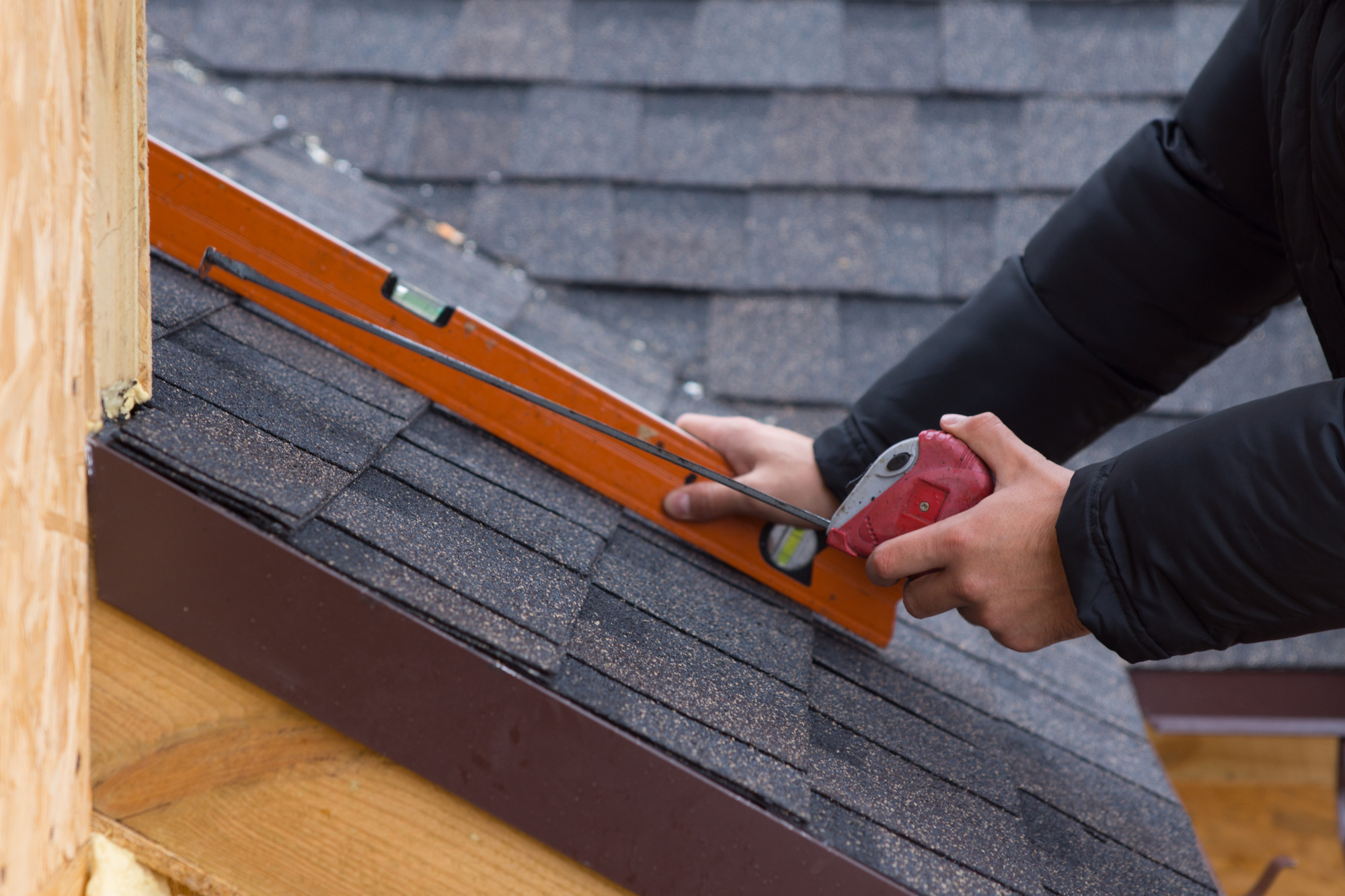
Your roof protects your home, and protecting your roof is important to your wallet. Roof repairs can run anywhere from $650-$6,000 or more!
How can you prolong the life of your roof? It's simple—have a roof inspection. These inspections will help you catch small problems before they turn into larger, more costly issues.
Keep reading to learn how this inspection and roofing maintenance can improve your roof lifespan.
Spot Minor Issues
If you have a leak in your roof, you may get rainwater in areas you don't even know. If water gets past the roof and into your attic, the attic rafters will rot over time. You can also get water damage to your soffits and siding if there is a roof leak. You may not even know you have damage until the problem is beyond a minor leak since these areas aren't always visible to the naked, untrained eye.
By fixing any roof damage, you are finding these areas before more severe structural damage occurs. A trained professional will take a look at all these areas and spot any signs of a leak no matter how big or small. All of this saves you money over the long run.
Monitor Your Gutters and Drainage
There is more to a roof than just the roofing material. You have flashing around the roof edges that protect it from leaking. The gutters and downspouts drain the rain and snow away from your home, which is a vital part of your roofing system.
Even if you don't have roof damage, poor drainage allows water to overflow and pool, which causes damage to your foundation, siding, soffits, and more. An inspection will spot issues in your gutters such as rust, gaps, and clogs. It keeps your gutters working properly so you protect your property from water damage any time of year.
Spot Common Roof Problems
Roof inspects can detect common roofing issues that can help you prioritize any improvement projects. Some of these common problems include:
- Roof drooping or sagging
- Leak or crack on the roof
- Moss or plant growth
- Shingle granules in the gutter
- Curling or buckling shingles
The roofing contractor will assess all areas to get an entire view of your roof. This means they will also inspect from the attic and look for damage or pre-punctures. They will then let you know if you need any roof repairs or upgrades.
Warranty Repairs
If your roof has a leak, the cause may be covered under the roof's warranty. This is why you should hire a professional to perform this inspection because they will know what is and what isn't covered under warranty.
When you file a roof warranty claim, the company will come and perform its own inspection. By having a professional visit for this inspection, you will already have some of the warranty documents ready to file the claim.
Weathering and Aging
All roofs face natural aging and weathering. These consequences are evident in the tiny openings at the roof surface that lead to water infiltration or leaks. By having these inspections, you can plan to prevent further damage and address these issues.
In addition to this weathering, if you have any mold or algae on your roof it is vital to get it cleaned. Mold may mean that you have a leak, and if you don't, mold can lead to a leak if it is not removed from your roof. You can't always prevent the mildew, moss, or algae from getting on your roof, but you can prevent it from growing with regular cleanings before the algae eat away your roof and cause rot or mold.
Assess for Weather Damage
If you recently had a big blizzard or severe thunderstorm, your roof may have damage. There could be hail damage that is not visible from the ground. This is why an inspection is vital.
Depending on the damage, you may be able to get insurance money and file a claim to repair any damage. You will figure out if there was any damage before it gets worse and can decide on your next steps.
Check Other Components of Your Roof
In addition to checking the roof's interior and surface, the inspector will also examine some of the other critical components of your roof such as vents, HVAC system, and skylights. These are some damage-prone areas that will wear over time, so they need to be properly sealed to prevent any water leaks.
How Often Should I Have a Roof Inspection?
Now, you may wonder how often you should do this. The answer is it depends.
You should schedule an inspection after a big storm or strong winds if you suspect there may be damage. If you are unsure, you can check your roof from the ground and look for any missing shingles, broken shingles, divots in the roof, and any heavy debris on your roof.
In addition to storm damage, you may want to set up annual inspections depending on your roof's age. No matter how good your roof looks, there may be some damage and you may have a small leak you don't know about yet.
Protect Your Roof Today
As you can see, a roof inspection is important no matter how good your roof looks. A professional can get up on your roof and check inside your attic for any damage. Set up a maintenance plan to extend your roof's lifespan.
Do you need a roof cleaning? Leave it to the professionals! Contact us today to get a custom quote for a clean roof to remove any stains that can cause damage.
